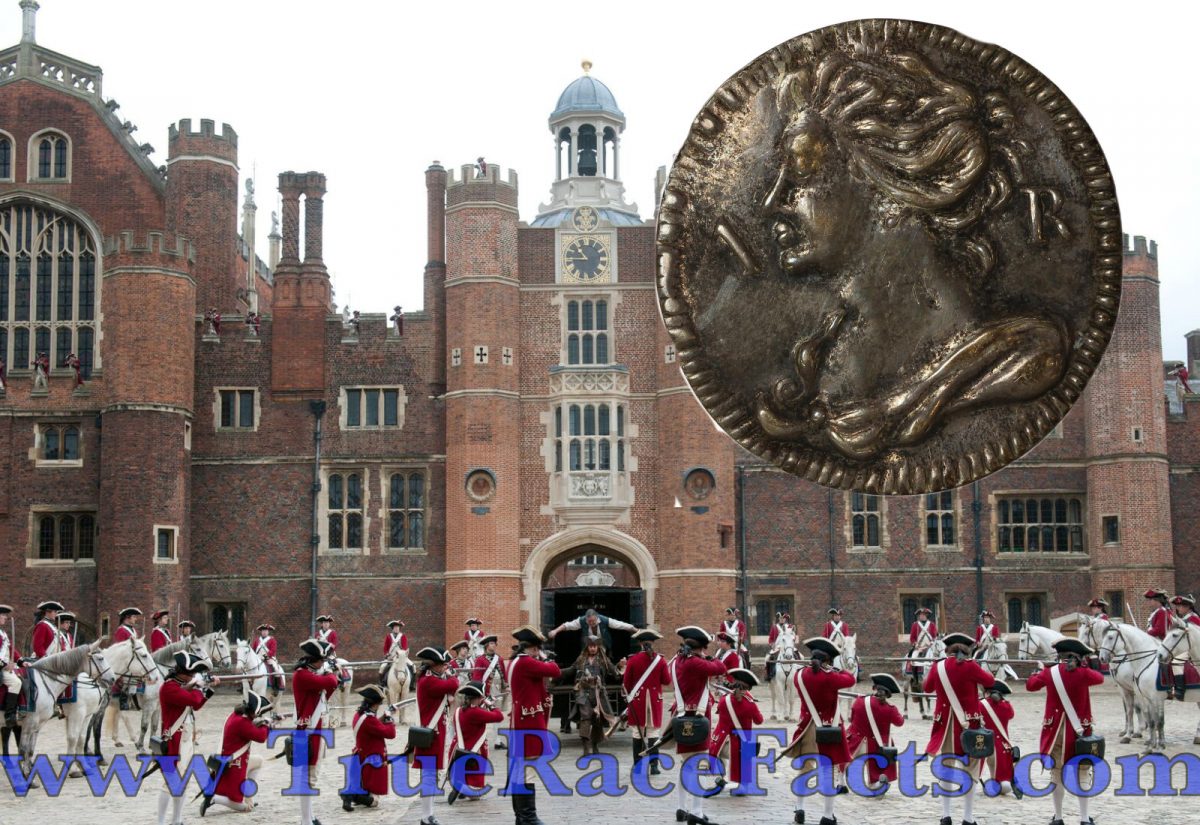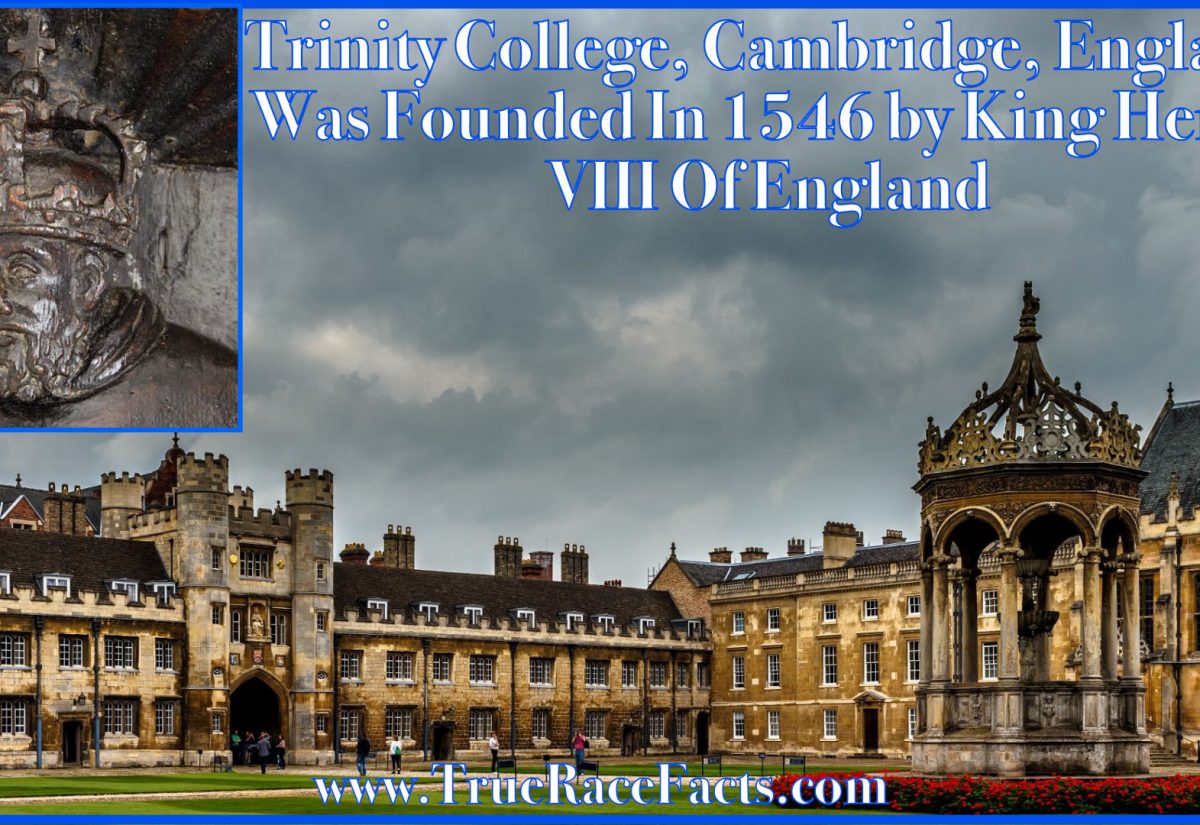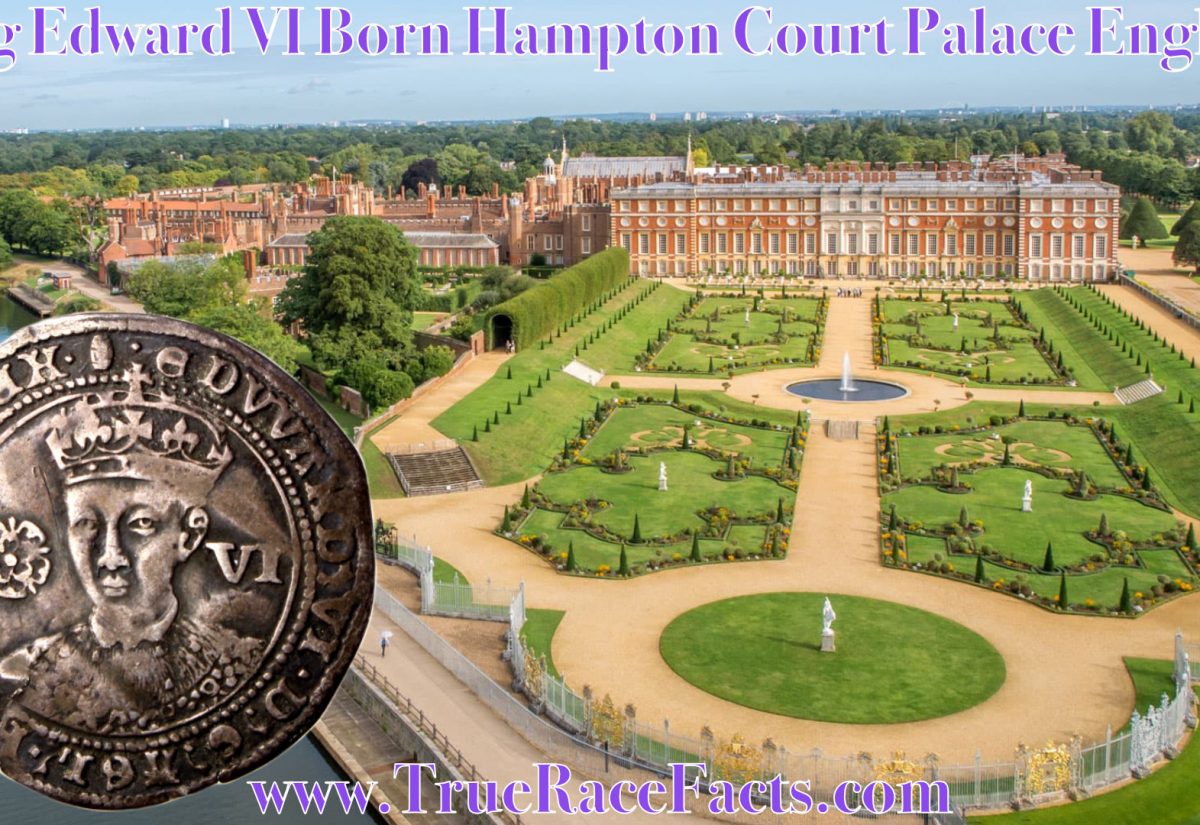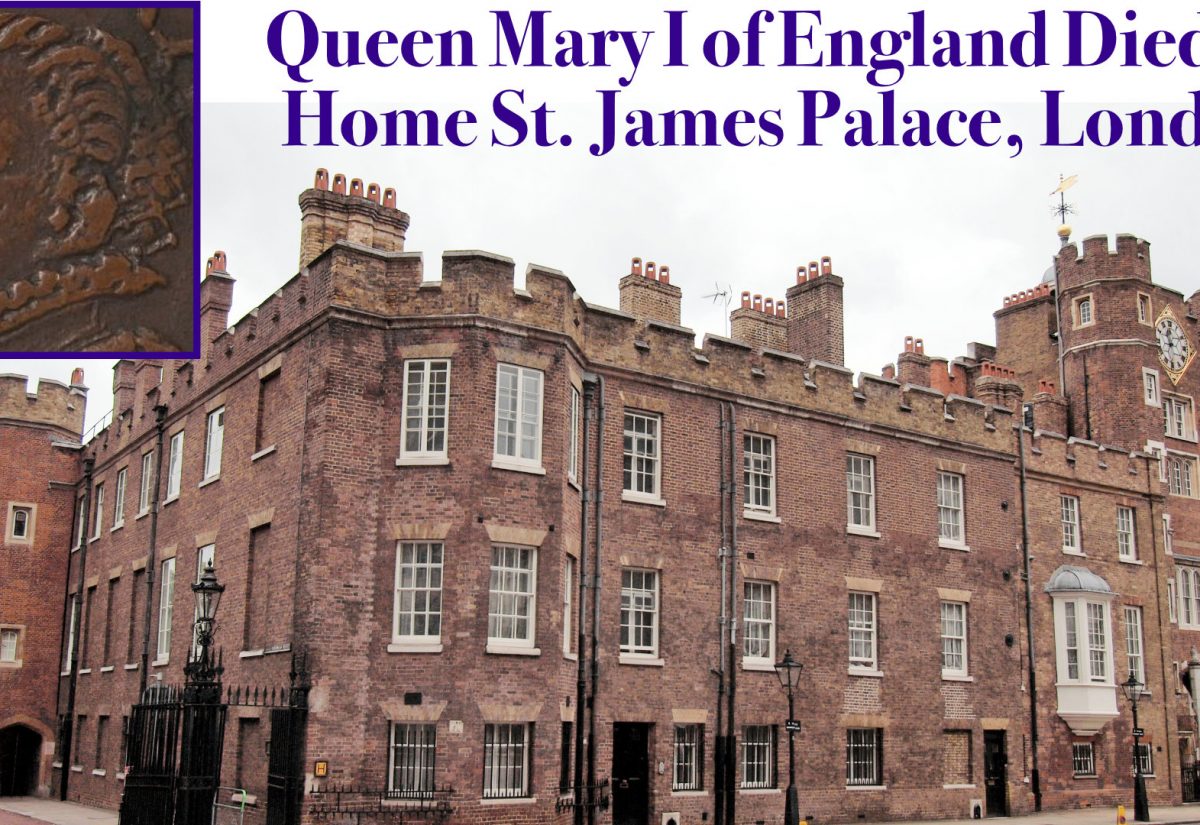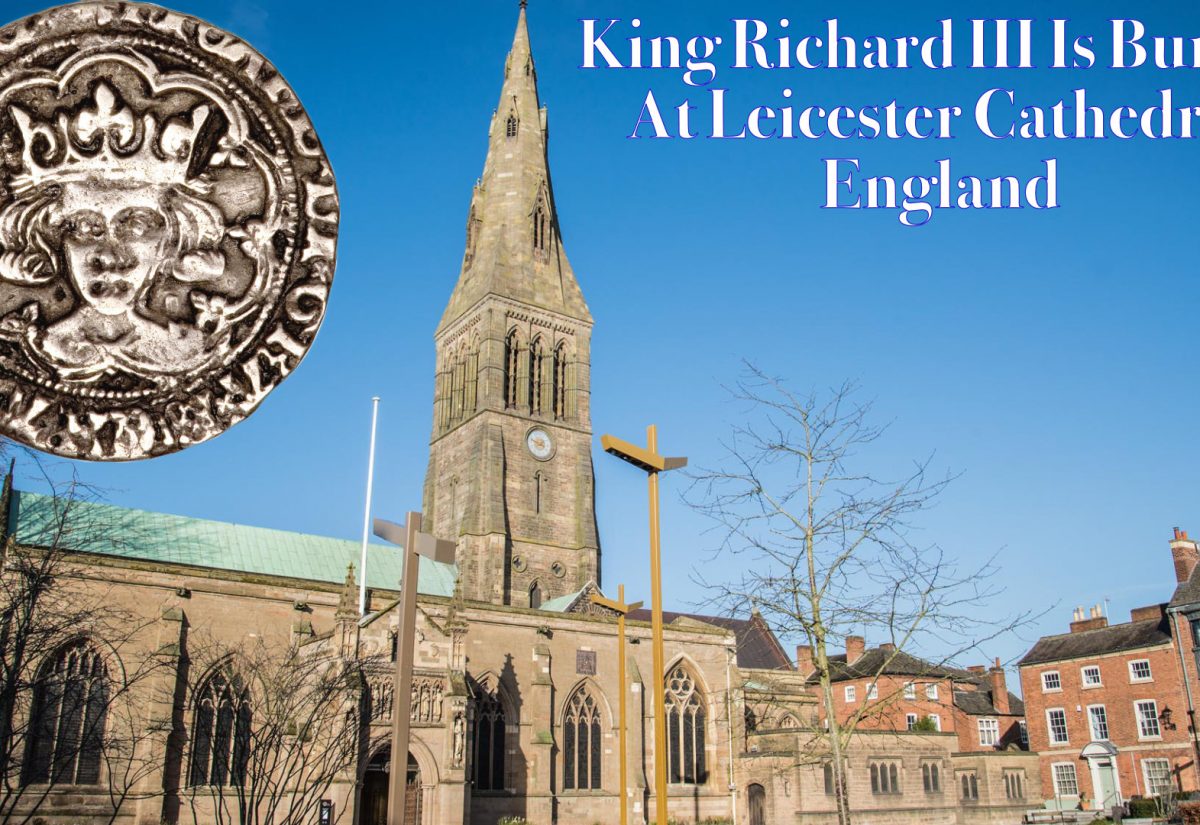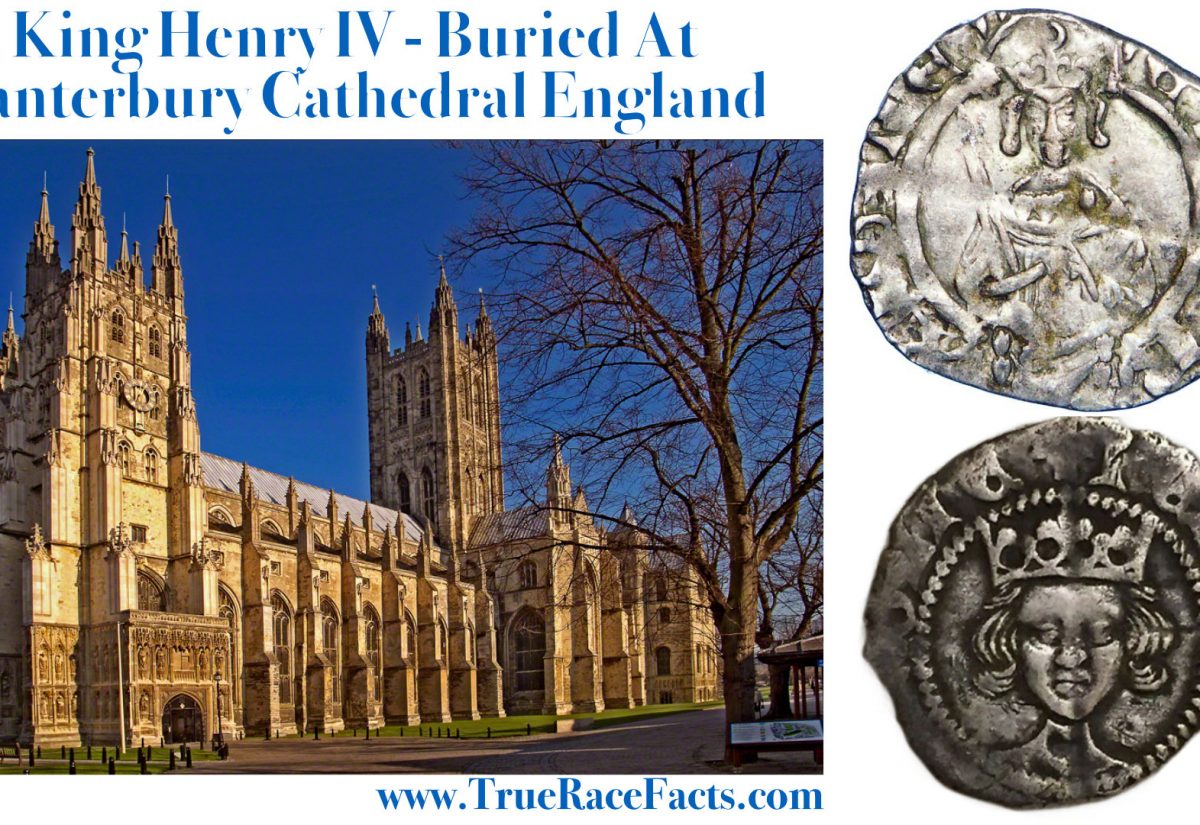- Guinevere Jackson
- 6 September 2022
Anne (6 February 1665 – 1 August 1714) was Queen of England, Scotland and Ireland from 8 March 1702 until 1 May 1707. On 1 May 1707, under the Acts of Union, the kingdoms of England and Scotland united as a single sovereign state known as Great Britain. Anne continued to reign as Queen of Great Britain and Ireland until her death.
Father of King Henry VIII - House of Tudor, an English royal dynasty of Welsh origin, which gave five sovereigns to England: Henry VII (reigned 1485–1509); his son, Henry VIII (1509–47); followed by Henry VIII’s three children, Edward VI (1547–53), Mary I (1553–58), and Elizabeth I (1558–1603)
Henry VIII is the most revered British monarch, yet he has no tomb, so there is more to his life than what historians and the media tell us. The deceivers have gone to great lengths to hide he was a so-called black man like all the monarchs of England, Ireland, Scotland, Wales and most of Europe up until the mid-17th Century.
Edward VI, (born October 12, 1537, London, England—died July 6, 1553, London), king of England and Ireland from 1547 to 1553. He was King of England and Ireland at only age ten. Edward was King Henry VIII’s only legitimate son; his mother, Henry’s third wife, Jane Seymour, died 12 days after his birth. Although Edward has traditionally been viewed as a frail child who was never in good health, some recent authorities have maintained that until several years before his death, he was a robust, athletically inclined youth. His tutors (Sir John Cheke, Sir Anthony Cooke, and Roger Ascham) found him to be intellectually gifted, a precocious student of Greek, Latin, French, and theology. By age 13 Edward had read Aristotle’s Ethics in the original Greek and was translating Cicero’s De philosophia into that language..
- Guinevere Jackson
- 24 August 2022
Mary I, also called Mary Tudor, byname Bloody Mary, (born February 18, 1516, Greenwich, near London, England—died November 17, 1558, London), the first queen to rule England (1553–58) in her own right. She was known as Bloody Mary for her persecution of Protestants in a vain attempt to restore Roman Catholicism in England.
- Guinevere Jackson
- 24 August 2022
Elizabeth I - the last Tudor monarch - was born at Greenwich on 7 September 1533, the daughter of Henry VIII and his second wife, Anne Boleyn.
Her early life was full of uncertainties, and her chances of succeeding to the throne seemed very slight once her half-brother Edward was born in 1537. She was then third in line behind her Roman Catholic half-sister, Princess Mary. Roman Catholics, indeed, always considered her illegitimate and she only narrowly escaped execution in the wake of a failed rebellion against Queen Mary in 1554.
Edward IV, also called (until 1459) Earl of March, (born April 28, 1442, Rouen, France—died April 9, 1483, Westminster, England), king of England from 1461 until October 1470 and again from April 1471 until his death in 1483. He was a leading participant in the Yorkist-Lancastrian conflict known as the Wars of the Roses.
Edward V, (born November 2?, 1470, London, England—died 1483?), king of England from April to June 1483, who was deposed and possibly murdered by King Richard III.
Richard III, also called (1461–83) Richard Plantagenet, duke of Gloucester, (born October 2, 1452, Fotheringhay Castle, Northamptonshire, England—died August 22, 1485, near Market Bosworth, Leicestershire), the last Plantagenet and Yorkist king of England.
Henry IV, also called (1377–97) earl of Derby or (1397–99) duke of Hereford, byname Henry Bolingbroke or Henry of Lancaster, (born April? 1366, Bolingbroke Castle, Lincolnshire, England—died March 20, 1413, London), king of England from 1399 to 1413, the first of three 15th-century monarchs from the house of Lancaster. He gained the crown by usurpation and successfully consolidated his power in the face of repeated uprisings of powerful nobles. However, he was unable to overcome the fiscal and administrative weaknesses that contributed to the eventual downfall of the Lancastrian dynasty.
